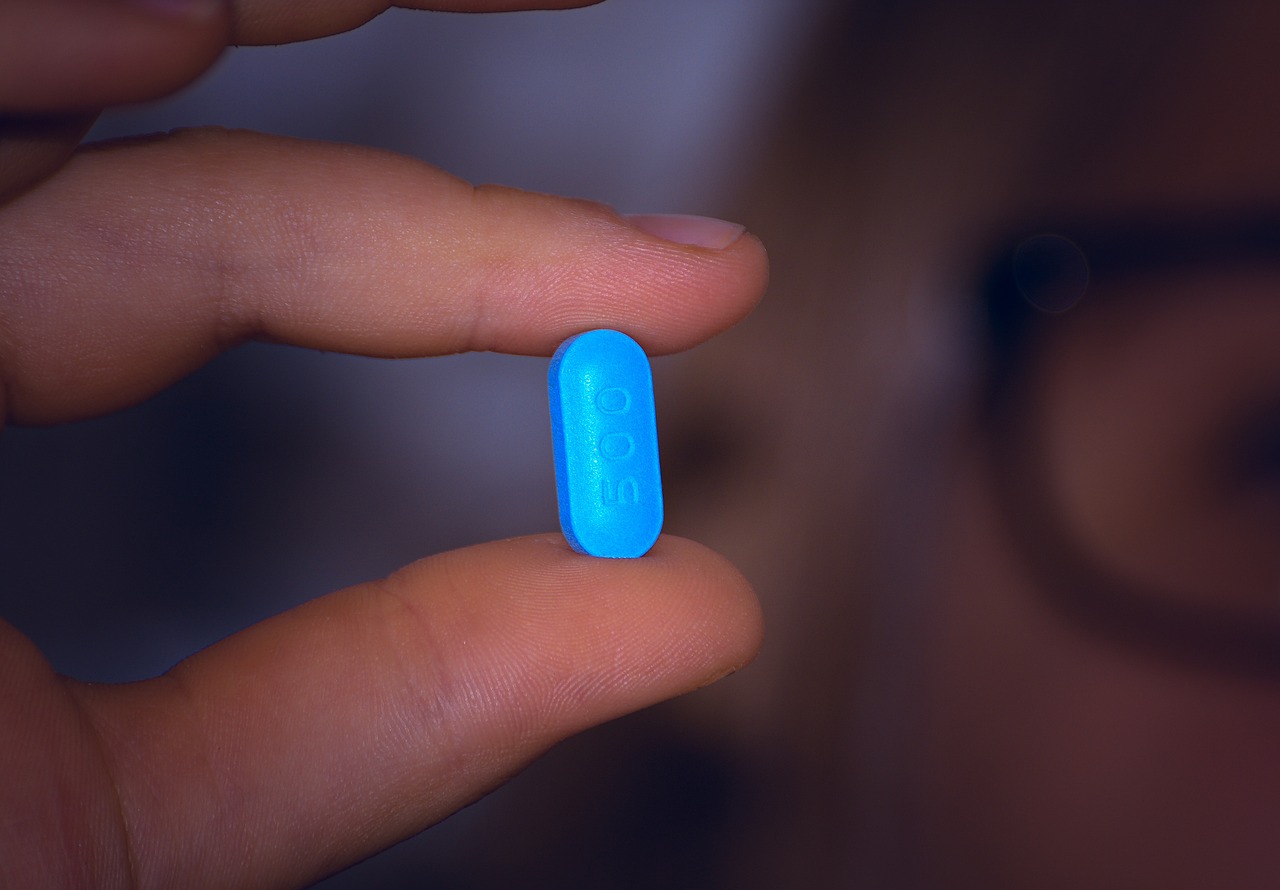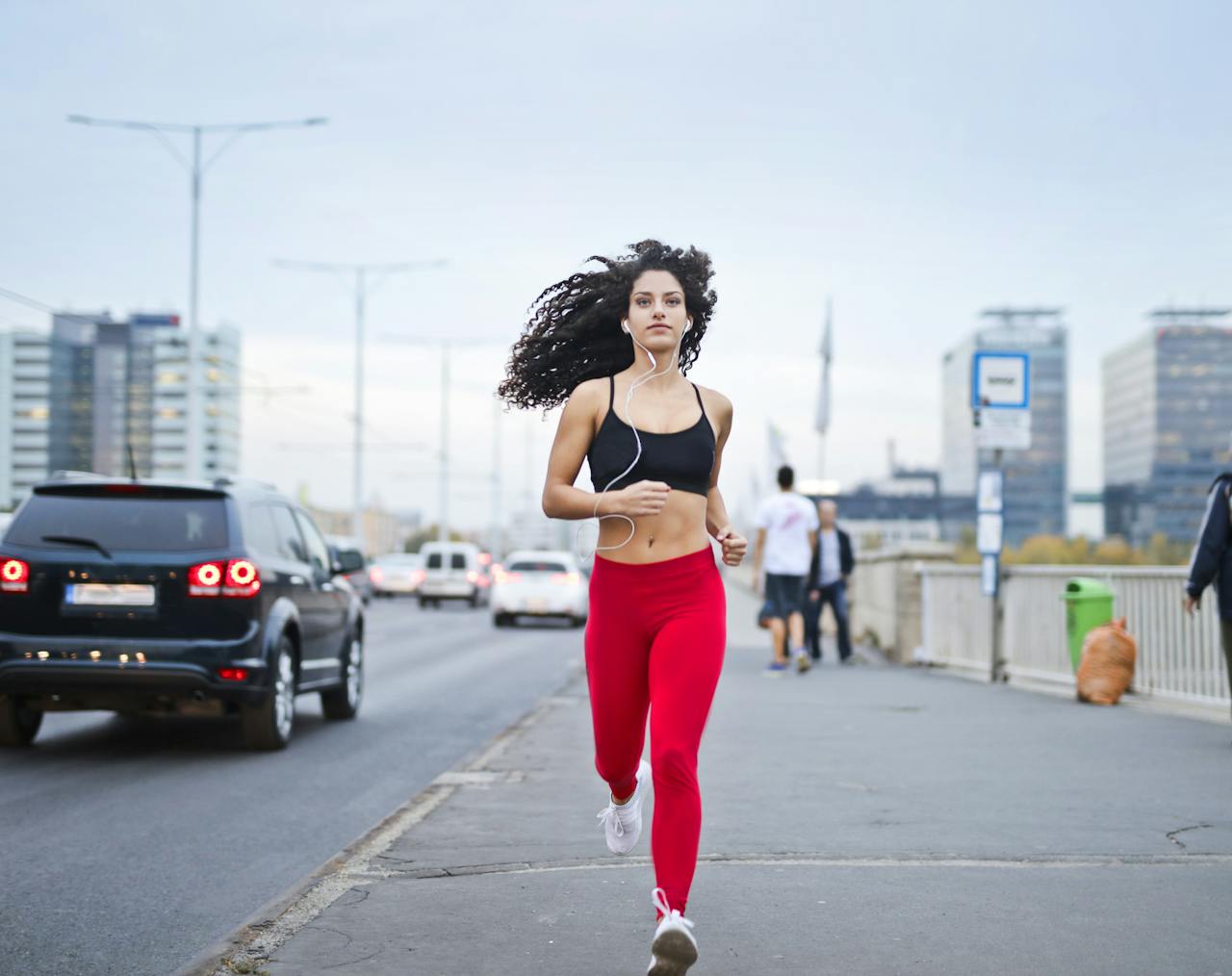Nutritional Sports Supplements
The Issue of Performance Enhancers
The recent steroid scandal involving Yankees' third baseman, Alex Rodriguez has once again thrust steroid-use and athletic performance aids to the front pages of newspapers everywhere-prompting many to ask exactly how many athletes use performance enhancers. Because professional sports are so competitive, many players use some type of aid, device or procedure that may enhance performance. Many of these are legal and some are even natural supplements which produce highly effective results. The major difference between the two is in the way they work inside the body. Drugs have higher risk of side effects or may be addictive with repeated use. For this reason, some drugs such as ephedra, amphetamines, and anabolic/androgenic/designer steroids, have been banned by sports organizations. In contrast, natural supplements have fewer known side effects. They work by aiding the body's natural ability to reach maximum levels of performance and endurance.
Natural Sports Supplements
Recently research in the field of natural and herbal sports supplements has advanced. Studies show positive results through clinical trials conducted over many years--providing research to support the use of herbal supplementation. By nutritionally supporting the body, you can provide it with the building blocks necessary to enhance not only sports performance, but also for supporting the health of the general population. Natural supplements are legal and easily available. Here are a few common nutritional supplements for athletes and how each of these work in the body and could help to naturally enhance performance.
Multi-Vitamins
This includes essential vitamins, minerals and bioflavonoids that can be used as co-factors for enhancing digestion. For an athlete, intense practice and workouts can deplete the body's storage of vitamins and minerals. Those involved in sports and training, as well as those who live sedentary lives need a daily multi-vitamin to support good health.1
Amino Acids
Amino acids are protein- building structures. A protein shake, consumed one hour after a workout can help to build muscle mass more quickly. Protein is also necessary for non-sports persons as well, especially when diets are vegan or subsist on junk foods.2
Hydration Drinks
Those who work out and profusely lose vital salts and minerals through perspiration need to replenish and refuel their bodies with fluids containing electrolytes. Some hydration drinks contain isotonic salts, minerals, and glucose to rehydrate the body.4
L-Glutamine
This nutrient nutritionally helps to strengthen muscles and supports immune health.5
Glucosamine
Studies show glucosamine sulfate can nutritionally help to ease pain and inflammation associated with joints. Athletes who overwork their joints as well as those who suffer from various joint pains and joint injury find glucosamine supplementation beneficial in restoring joint health.6
Creatine
Creatine, or phosphocreatine, is a protein building block. Creatine nutritionally supports muscles in manufacturing adenosine triphosphate (ATP). ATP, stores and transports energy in cells and helps to provide quick bursts of explosive energy. It also helps to build muscle mass more quickly and reduces recovery time between workouts.7
Green Tea Extract
Green tea has thermogenic properties and is used to nutritionally help the body burn fat more quickly. Those on a diet may find drinking green tea supports quicker weight loss.8
Resveratrol
Resveratrol is a powerful antioxidant found in the skin of red grapes. Studies show that resveratrol nutritionally builds athletic stamina and supports heart health.9
Conclusion
Nutritional supplements should be used in combination with a healthy diet and a good training program. Supplements can effectively help to build muscle mass, support fat loss, and improve stamina and athletic performance.
References
1. Vitamin and mineral supplementation to athletes. Int J Sport Nutr. 1991 Jun;1(2):146-69. PMID: 1844992.
2. Branched-chain amino acid supplementation does not enhance athletic performance but affects muscle recovery and the immune system. J Sports Med Phys Fitness. 2008 Sep;48(3):347-51. PMID: 18974721.
3. Clarkson PM: Nutritional Ergogenic Aids: Caffeine. Int J of Sports Nutr. 3:103-111, 1993.
4. Fluid and electrolyte balance in ultra-endurance sport. Sports Med. 2001;31(10):701-15. PMID: 11547892.
5. Glutamine: a potentially useful supplement for athletes. Can J Appl Physiol. 1999 Feb;24(1):1-14. PMID: 9916176.
6. Glucosamine administration in athletes: effects on recovery of acute knee injury. Res Sports Med. 2007 Apr-Jun;15(2):113-24. PMID: 17578751.
7. Creatine supplementation and exercise performance: recent findings. Sports Med. 2005;35(2):107-25. PMID: 15707376.
8. Green tea and thermogenesis: interactions between catechin-polyphenols, caffeine and sympathetic activity. Int J Obes Relat Metab Disord. 2000 Feb;24(2):252-8. PMID: 10702779.
9. Cell, November 2006 (http://www.newvitality.com/)
References:
1. Vitamin and mineral supplementation to athletes. Int J Sport Nutr. 1991 Jun;1(2):146-69. PMID: 1844992.
2. Branched-chain amino acid supplementation does not enhance athletic performance but affects muscle recovery and the immune system. J Sports Med Phys Fitness. 2008 Sep;48(3):347-51. PMID: 18974721.
3. Clarkson PM: Nutritional Ergogenic Aids: Caffeine. Int J of Sports Nutr. 3:103-111, 1993.
4. Fluid and electrolyte balance in ultra-endurance sport. Sports Med. 2001;31(10):701-15. PMID: 11547892.
5. Glutamine: a potentially useful supplement for athletes. Can J Appl Physiol. 1999 Feb;24(1):1-14. PMID: 9916176.
6. Glucosamine administration in athletes: effects on recovery of acute knee injury. Res Sports Med. 2007 Apr-Jun;15(2):113-24. PMID: 17578751.
7. Creatine supplementation and exercise performance: recent findings. Sports Med. 2005;35(2):107-25. PMID: 15707376.
8. Green tea and thermogenesis: interactions between catechin-polyphenols, caffeine and sympathetic activity. Int J Obes Relat Metab Disord. 2000 Feb;24(2):252-8. PMID: 10702779.
9. Cell, November 2006
(http://www.newvitality.com/)













